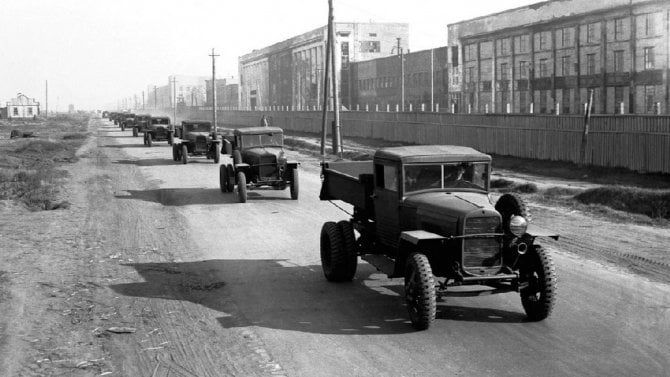...down from a plan that diplomats said would dent the fight against corruption.
In November, Justice Minister Stefan Harabin proposed a draft law to cancel the special court set up by the centre-right government that was replaced by Fico's leftist administration after a June election.
Harabin, nominated by Fico's coalition partner, the HZDS party of former authoritarian ruler Vladimir Meciar, has said the special court discriminated against regular judges.
"In simple terms, I can say that the ruling coalition will not abolish the special court," Fico told journalists after a regular government meeting.
The plan to close the court had sparked criticism from Slovak media and raised eyebrows among foreign diplomats, who have said the institution was a step forward in Slovakia's attempt to fight corruption.
"Cancelling the court would be seen as a negative step in the development of justice and transparency of the judicial system in Slovakia," said an EU country diplomat based in Bratislava.
Slovakia, like other ex-communist nations that joined the EU in 2004, has been striving to rein in corruption. Local media frequently report cases ranging from bribes to avoid penalties for drunk-driving to suspected kickbacks for state contracts and extortion.
When created, the previous government said the special court had the advantage of being outside regional structures and better protection of its staff by specific police units, eliminating the chances of external influence.
Fico, a human rights lawyer, said on Wednesday the benefits from the special court prevailed over the disadvantages, but said the government would amend its operating framework to make it an even more specialised institution for a narrower area of crime.
[BRATISLAVA/Reuters/Finance.cz]




 Auta osvoboditelů – z východu: Československo a celá Evropa se staly křižovatkou vojenské techniky
Auta osvoboditelů – z východu: Československo a celá Evropa se staly křižovatkou vojenské techniky
 Auto blokující nabíjecí stanici bude možné odtáhnout. A je jedno, jestli má spalovací motor, nebo je to elektromobil
Auto blokující nabíjecí stanici bude možné odtáhnout. A je jedno, jestli má spalovací motor, nebo je to elektromobil
 Ikona je zpět jako elektromobil a je skvělá! Poprvé jsme se svezli s novým Renaultem 5
Ikona je zpět jako elektromobil a je skvělá! Poprvé jsme se svezli s novým Renaultem 5
 Videodojmy: Tenhle malý hatchback jezdí za šest litrů, odveze čtyři lidi a nestojí ani 400 tisíc
Videodojmy: Tenhle malý hatchback jezdí za šest litrů, odveze čtyři lidi a nestojí ani 400 tisíc
 Škoda VOS: Historie československých vládních automobilů je přehledem politických obratů
Škoda VOS: Historie československých vládních automobilů je přehledem politických obratů
